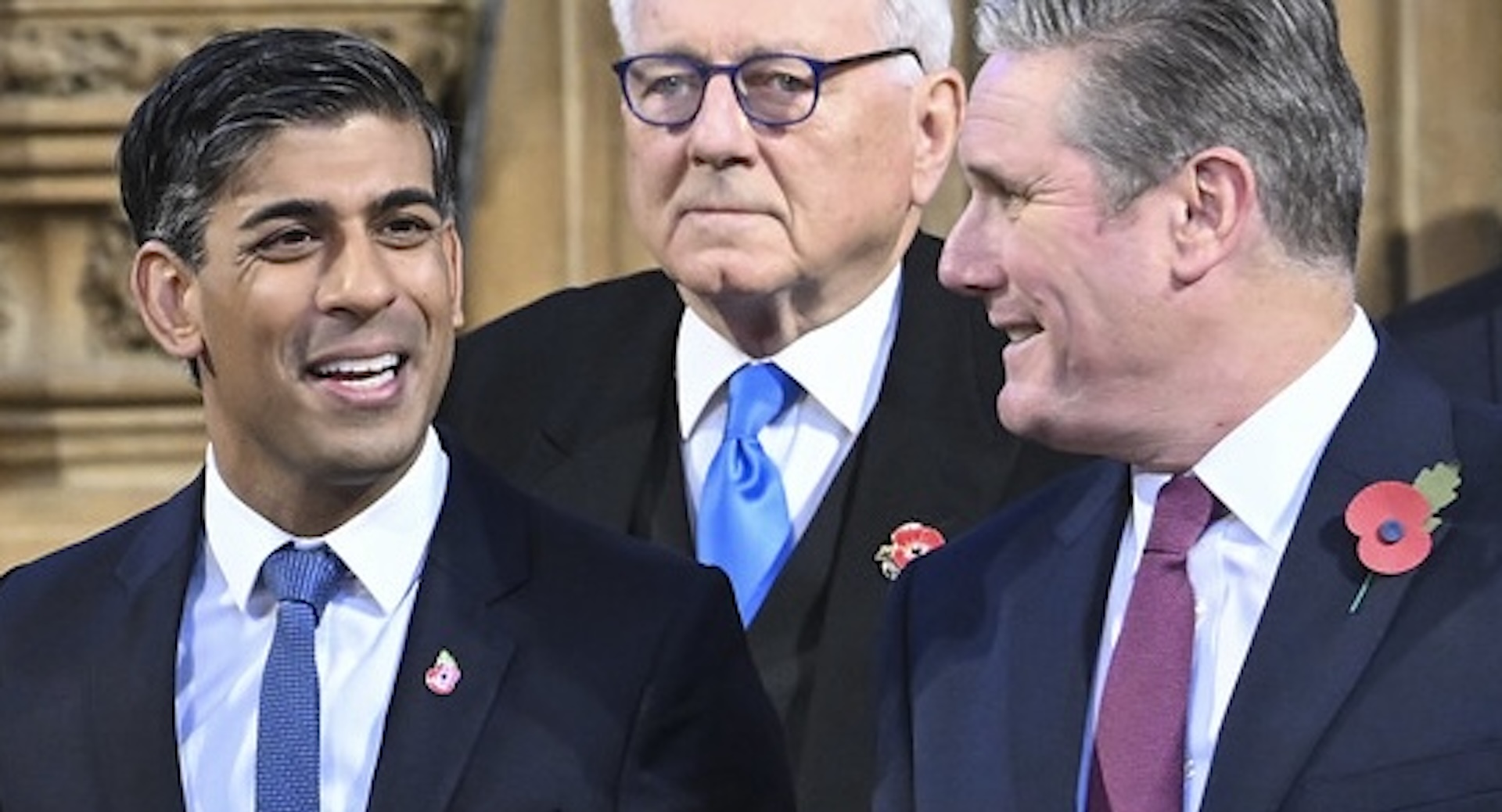Nearly half (45%) of the chairs attended Oxbridge, while 41% went to both Oxbridge and private school.
Nick Harrison, CEO of the Sutton Trust, said: “It’s a disgrace that most of the top jobs in Britain are still dominated by those from privileged education backgrounds, representing a small fraction of the wider population. Little progress has been made in opening up positions of power, with those from private schools maintaining a vice-like grip on the most important roles.
“In 2025 you can still buy advantage, massively increasing your chance of getting into the most powerful roles in the country. This is grossly unfair, and a waste of talent on a huge scale. If we want a fairer country and a stronger economy, employers and policymakers must take responsibility for levelling the playing field, where privilege is no longer a passport to power.”
Private school privilege was not limited to big businesses. A third of charity CEOs attended a private school (34%) and almost one in five attended Oxbridge.
Around all 62% of senior judges attended private schools, and three quarters had gone to Oxbridge.
Almost half of all permanent secretaries, which head up government departments, attended private school (47%).
Advertising helps fund Big Issue’s mission to end poverty
In politics, the number of privately educated MPs has reduced each election, from 33% in 2014 to 24% today – following the landslide Labour win last year.
However, there remain concerns about elitism within parliament. Dr Bridgette Rickett, head of Institute of Social Sciences at Sheffield Hallam University, wrote in the Big Issue that Angela Rayner’s working class background was “repeatedly contrasted with those of elite male politicians to imply a deficit in her capabilities and a ‘poor fit’ in parliament”.
In the House of Lords, more than half (52%) are privately educated. Among hereditary peers, the figure is 95%, while more than half attended Eton alone.
Sophie Pender, founder and chief executive of The 93% Club, which provides opportunities and a network for state school–educated university students, said: “For too long, conversations about social mobility have ignored the state-private school divide, treating it as a highly politicised hot potato.
“The Elitist Britain report lays the truth bare: this divide remains one of the biggest barriers to social mobility in the UK, and without addressing it directly, real progress will remain out of reach.”
The 93% Club’s Big State School survey from earlier this year found that 66% of state-educated people reported being mocked at work because of their background, rising to 74% among working-class respondents and 83% for people from northern regions.
Advertising helps fund Big Issue’s mission to end poverty
Around 87% of professionals from working-class backgrounds witnessed colleagues or decision-makers using their school to build professional network, and 86% of respondents saw senior leaders hiring or promoting people who resemble themselves and backgrounds.
Journalism and the media remains dominated by privately educated individuals. According to the Sutton Trust, around half of newspaper columnists are privately educated, as are 45% of podcasters, 47% of political commentators and 38% of BBC executives.
This is in contrast with high-profile social media influencers and content creators, a profession which the Sutton Trust included in this report for the first time. Only 18% attended private school, while 68% had gone to a state comprehensive and 10% went to a state grammar.
The Sutton Trust also conducted polling with YouGov, which revealed that just 9% of employers ask if employees were eligible for free school meals, and only 15% ask about the profession or class background of employees’ parents.
Around 60% record information on ‘protected characteristics’ like gender, ethnicity and sexual orientation.
Carl Cullinane, director of research and policy at the Sutton Trust, said: “This polling suggests that most employers aren’t building a talent pipeline of young people from less advantaged backgrounds.
Advertising helps fund Big Issue’s mission to end poverty
“And while there have been efforts to make business more inclusive, work on social mobility is patchy, and too often, social class is not included in the diversity conversation. Just one in ten companies run specific schemes to support employees in terms of social mobility.
“This means they’re potentially limiting their talent pool. Making the most of talent, wherever it comes from, means employers can move beyond a narrow cohort of candidates from the most advantaged backgrounds. This can be a win-win for employers, society, and the economy.”
Do you have a story to tell or opinions to share about this? Get in touch and tell us more.
Reader-funded since 1991 – Big Issue brings you trustworthy journalism that drives real change.
Every day, our journalists dig deeper, speaking up for those society overlooks.
Could you help us keep doing this vital work? Support our journalism from £5 a month.
Advertising helps fund Big Issue’s mission to end poverty





